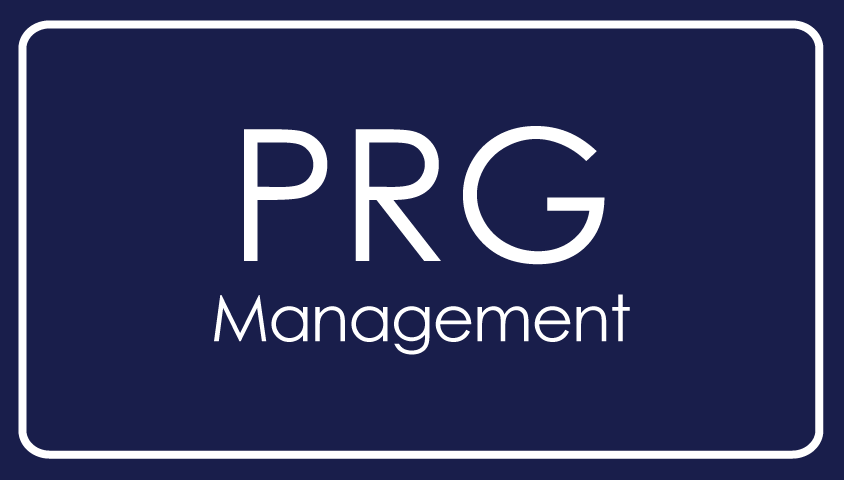Now nine months into the pandemic, it’s clear that the housing market has fundamentally changed for renters, homeowners, property managers, and housing providers. Property manager Jenny Coopmans says the toughest part of her job now managing rent collections. “We have to make sure we can collect enough funds to keep the properties afloat. Owners are still responsible for mortgage payments, maintenance, insurance and other costs associated with the upkeep of the building,” she says.
There’s a lot to keep up with from federal orders to the state's eviction moratorium and local legislation changes. We’ll cover the latest updates so that you can prepare for what's ahead.
When will evictions resume?
In an executive order, Gov. Pritzker first put a moratorium on evictions starting on March 20. Since then, he’s opted to extend the order every month as it nears expiration and on October 16, the governor did just that. At a press conference, he stated, “Remember, nothing really has changed in terms of the effect of COVID-19 and its effect on the economy, its effect on people’s jobs and their ability, or inability, to pay their rent or mortgage.” So for now, this means the statewide moratorium on evictions for non-payment will last until November 14.
To be clear, the moratorium only prevents the court filing and enforcement of evictions, renters must still pay rent. There are some cases where the court will permit evictions but only when a tenant is breaking the law, posing a threat to others, or causing severe damage. These types of evictions are less common because they’re harder for housing providers to prove in court. So, the majority of eviction cases are due to non-payment.
How does the eviction moratorium from the CDC apply to Chicago?
In September, the CDC issued a moratorium on evictions until the end of the year. The CARES Act also had a moratorium on evictions, but it applied to much fewer properties and tenants. The CDC’s order includes all residential properties that are occupied by tenants who are receiving government assistance, have had their income impacted by the pandemic, or if they’d be homeless if evicted. Right now, the governor’s order is what applies to Illinois. The larger federal order would only come into play if the state’s mandate expires for good in November.
What does the COVID-10 Eviction Protection and Fair Notice ordinances mean for property managers?
The challenges of the pandemic brought Chicago’s housing issues to the forefront of the city’s agenda. Many policy makers called for changes to protect the fragile market, and while the ordinances primarily protects renters, they do have provisions that everyone should know.
This summer, the City Council approved the eviction protection ordinance which requires landlords to make a “good faith” effort in situations of non-payment. This means a conversation about payment plans or involving a third-party mediator. The ordinance also protects housing providers by requiring tenants to pay rent. Typically, a tenant has five days to respond to a landlord’s intention to file an eviction. A separate mandate, the Fair Notice ordinance which passed at the same time, extends that period to a total of 12 days if the tenant indicates they’ve been affected by COVID-19. It also requires that landlords must give 60 to 120 days notice (depending on how long the tenant has lived there) to tenants for non-renewals or rent increases.
Most of the measures put forth by policy makers have focused on preventing a wave of evictions. Coopmans says that owners need to be taken care of, too. “It’s crucial to provide assistance to both renters and property owners,” she says.

